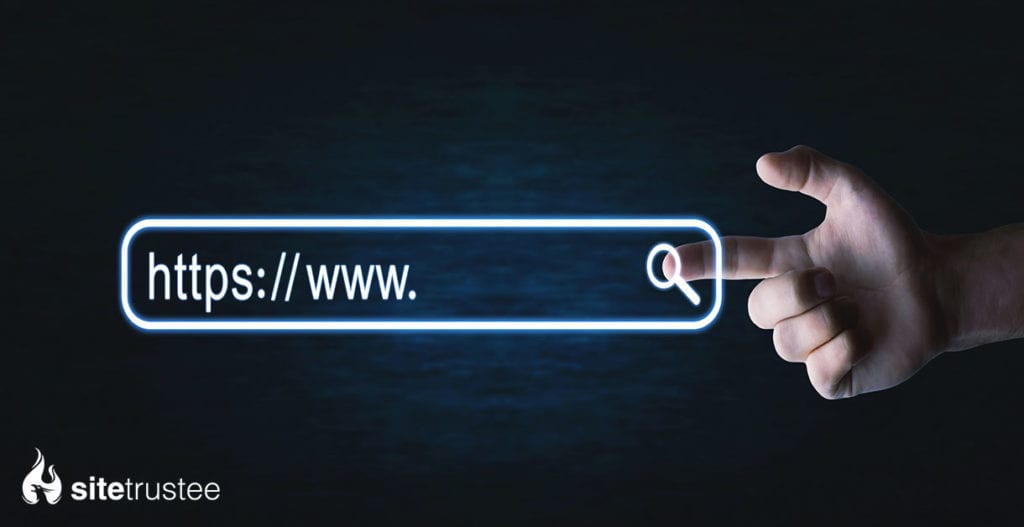You’ve probably noticed, if you’ve worked on established company domain names, that sometimes they say “Not Secure” at the browser search bar. This means the site address still starts with HTTP not HTTPS. But what does that mean? As a designer, your focus is on creating beautiful pages for your customers, but paying attention to something as small as an extra S in the website name is critical for the security of your client sites. If you don’t know the difference, it may cost you in the end. Here are some things you should know about why HTTPS is important.
S Means Secure
HTTP means “Hyper Text Transfer Protocol” and the added S literally means secure. HTTPS always refers to the protocol by which your browser is communicating to the website. The protocol is made secure by using the HTTPS alternative. All data sent between the two will be encrypted.
But not every website is HTTPS and there are processes that need to be taken to transfer the site over.
Secure Sockets Layer Protocol
SSL is the current standard of security protocol used by the internet to establish encrypted links between serves and browsers. Every time you or someone else types something into a Google search, data is transmitted. The SSL protocol is the technology that ensures the data remains secure.
Especially if your client’s users are transferring any sensitive information, this is critical to protect their data.
HTTPS + Google Search
Google HTTPS ranking is real! Google has been giving an increasing amount of weight in ranking boosts to websites that are HTTPS. It’s no surprise that the sites ranking on page one are following Google’s heavy suggestion of using a secure site.
Public Wi-Fi Access
The biggest challenge today is that more users are access the internet through public wi-fi access. We all do it. You may have also worked at a coffee shop or two along the way. Sometimes we’re just scrolling through our phones in a bar or in line to pass the time.
There are a number of ways accessing the internet through these public access points can compromise personal data, even if you’re not specifically sending this information.
Hacker Attacks
Without getting into too many details, public access wi-fi is at risk of a number of possible hacks.
- Man-in-the-Middle:This is a high-tech version of eavesdropping. It means that hackers can read your private information.
- Malware:we all know that we want to protect our computers from malware and viruses, and we can buy products to protect our computer. But once we connect to a public access, sometimes those things can be compromised.
- Snooping:If a hacker can see everything you do on your computer, they may also be able to see sensitive data or your passwords.
All of this can be prevented by one little letter in HTTPS.
It’s a lot to take in, and you don’t need to be an expert. You can focus on design for your clients and allow an expert to handle all your security needs.
Don’t allow yourself to be overwhelmed.Contact the team at Site Trustee to see how we can help you enhance your client offerings for secure websites.

